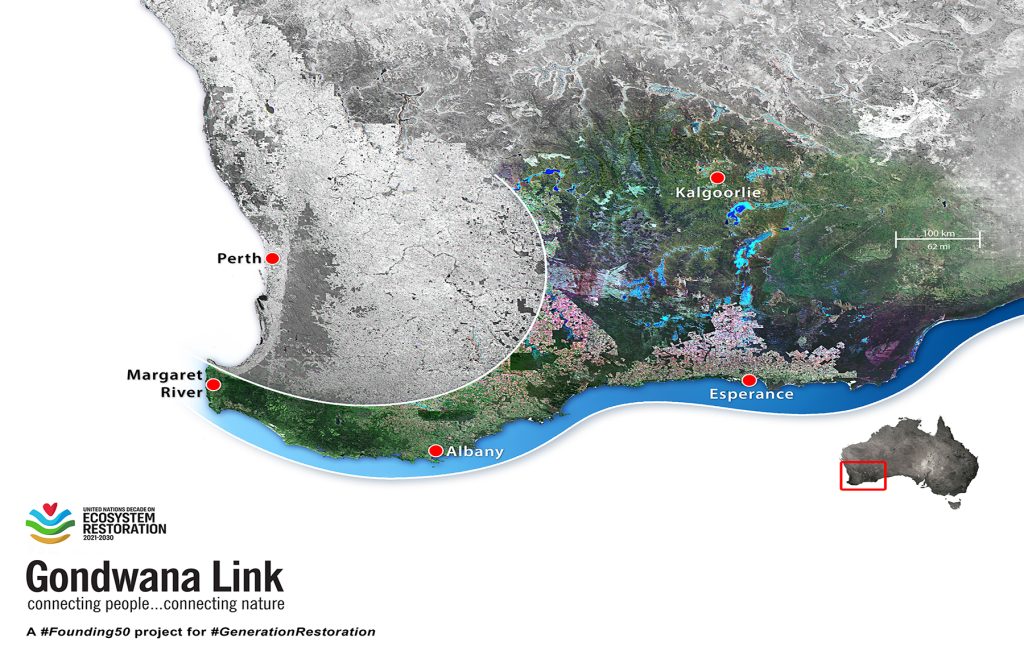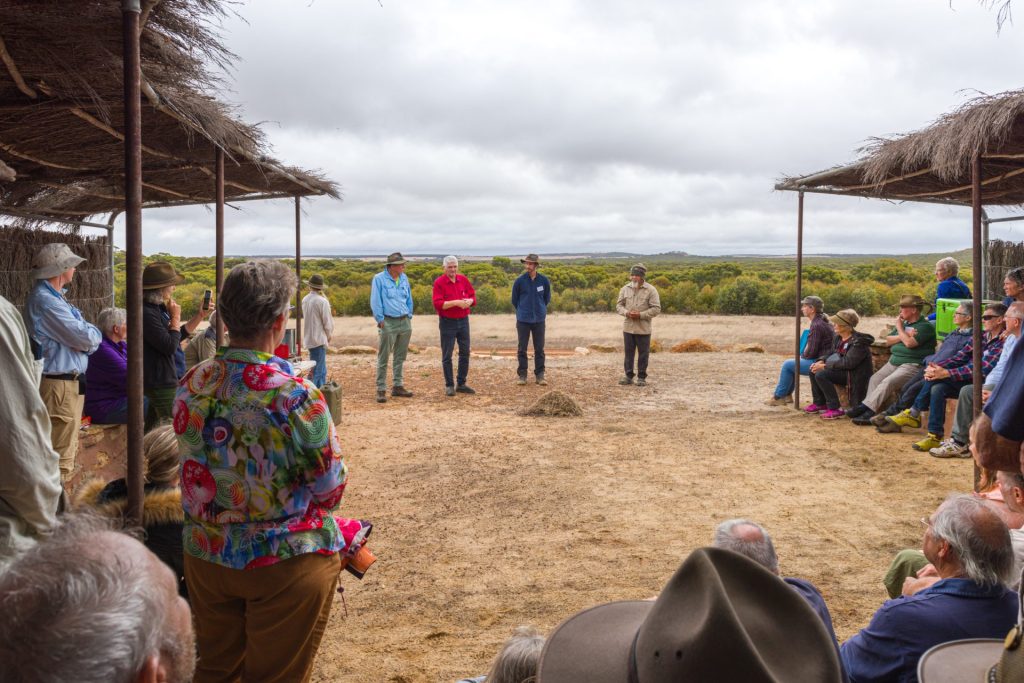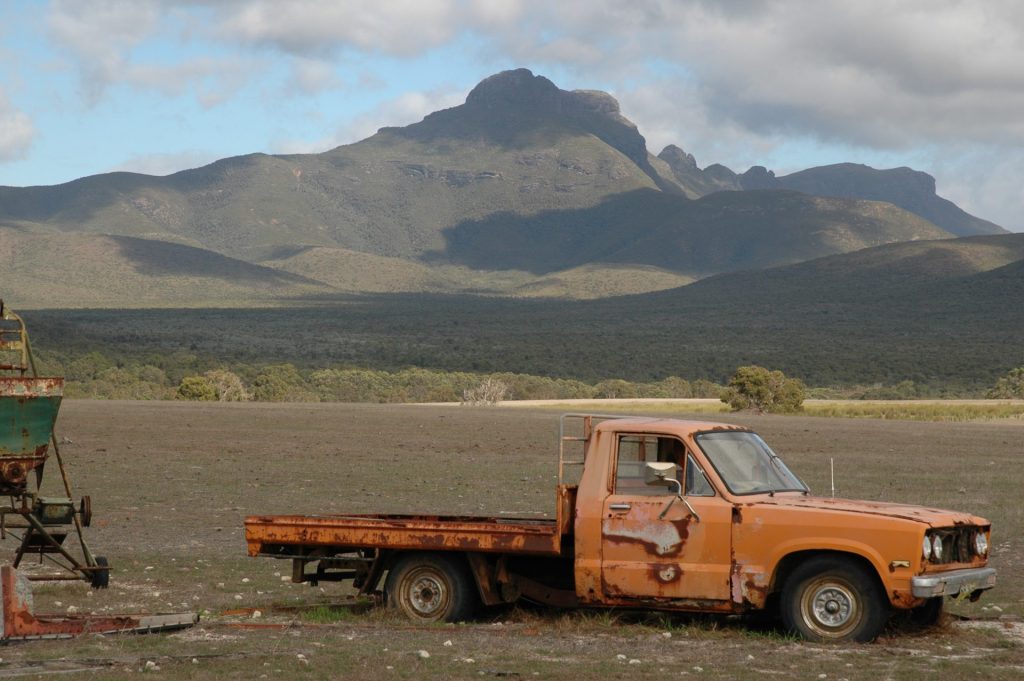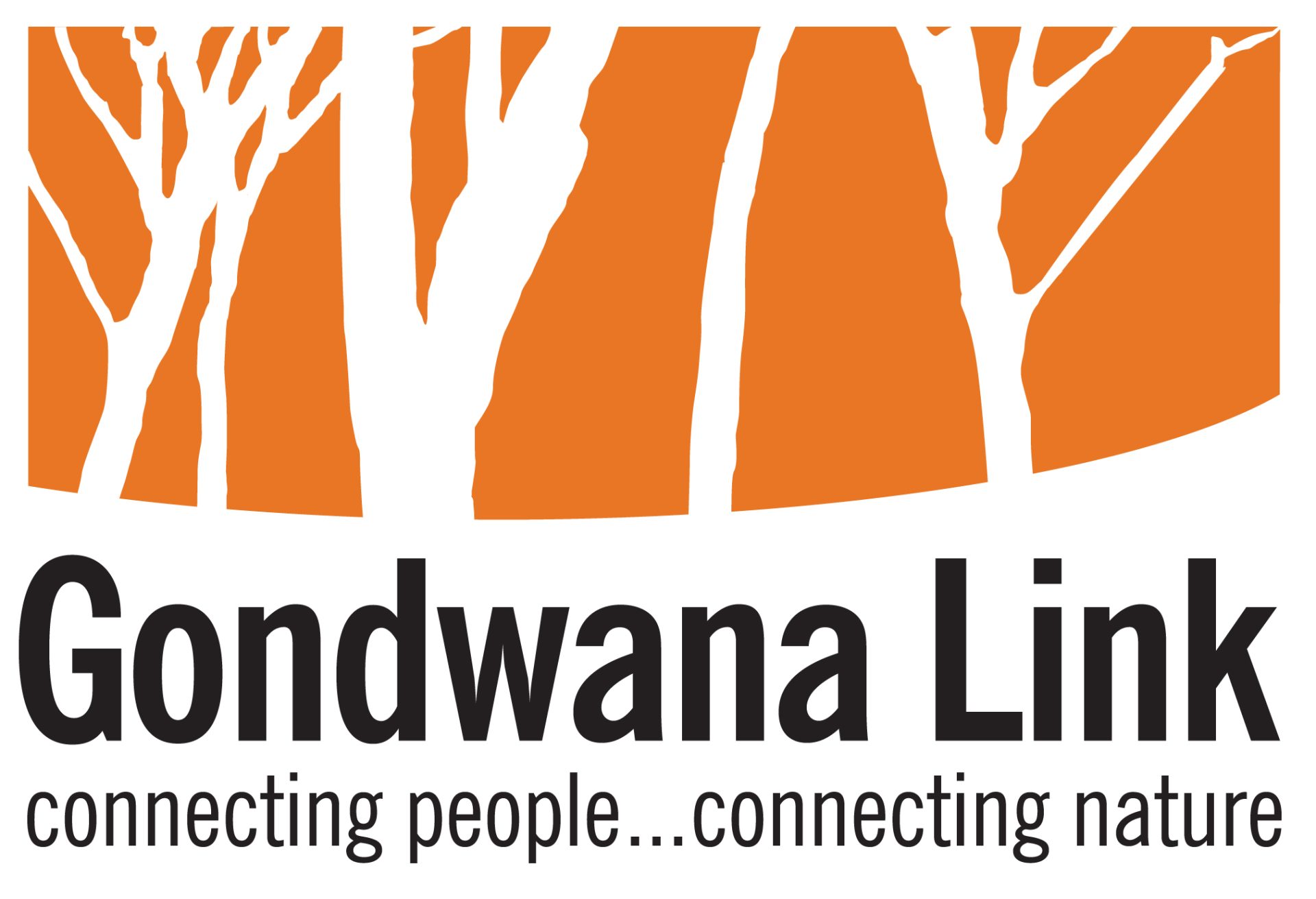
Gondwana Link
Cover Image credit: Nic Duncan
Gondwana Link Ltd is a not-for-profit organisation working through a small team based in Albany to support a cohesive program involving over 50 groups, businesses and individuals. We work in a range of projects from Margaret River on the west coast through to the woodlands bordering the Nullarbor Plain. Our aim is to achieve the level of transformative change that enables natural ecosystems to have the health and resilience needed to thrive in the face of global climate change.
About Gondwana Link

South-western Australia is now recognised as one of the world’s most significant biodiversity hotspots, with levels of biological richness only comparable with tropical rainforests. Extensive areas of the Great Southern were cleared for agriculture after WW2, which fragmented the habitats and broke a long-standing evolutionary pathway, that extended from the wet forests to the semi-arid inland ecosystems, and was pivotal in the evolution of much of this richness. The current Gondwana Link program was formed in 2002 with a focus on restoring the core of the evolutionary pathway and giving the ecosystems a better chance of adapting to both local stresses as well as the global climate change that is now upon us. Under all current climate change scenarios, as south-western Australia gets hotter and dryer species and genetic material will tend to move south.
Our program covers the area which is as far south as species can go (without swimming!) so ensuring is the area supports a healthy, resilient and connected ecosystem is of paramount importance.

We initially adopted a succinct and strategic four-point strategy to initiate “no regrets” moves, creating momentum and attracting additional scientific efforts and funding from other organizations. Its now a three point plan that has Gondwana Link actively engaged in several key climate action areas:
- Land-use Transformation for Biodiversity and Ecological Function: We focus on changing land-use in strategic areas to support biodiversity and ecological function, particularly in the south-western Australia biodiversity hotspot. This involves securing land with important remaining habitat and implementing quality restoration on cleared areas to strengthen populations of key plant and wildlife species.
- Support for Noongar and Ngadju Colleagues: We collaborate with and support indigenous communities, such as our Noongar and Ngadju colleagues, working towards strengthening their presence and management abilities on their traditional lands. This contributes to social, cultural, and environmental benefits.
- Eco-Art Events and Environmentally Responsible Tourism: We have broadened our program’s profile to reach a wider audience through various mediums, including film, sculptures, narratives, restoration tourism, and the performing arts. Incorporating the arts and tourism to engage diverse stakeholders is an innovative and holistic approach to raising awareness of community efforts and environmental benefits.
- Reduction of Fragmentation in Wildlife Habitats: Our primary focus is on reducing the fragmentation of remaining wildlife habitats through large-scale, strategically placed ecological restoration. This addresses the challenges posed by extensive historical clearing for agriculture in the Great Southern after WW2, which disrupted evolutionary pathways.
- Strategic Conservation Ownership: We collaborate with over 50 groups, businesses, and individuals work to secure strategically placed land with important remaining habitat or potential for quality restoration.
- Global Engagement and Fundraising: We have engaged with the national and global community to attract substantial private funding and now increasingly to share experiences and gain knowledge. We are partners in the Conservation Across Large Landscapes Australia New Zealand alliance and a #founding50 member of the UN Decade for Ecosystem Restoration program.
- Impact Investment Funding: In recent years, we have focused more on working with impact investment funding, particularly in carbon sequestration. We emphasize that while for us carbon sequestration is an enabler, not a commercial end, we have made significant contributions to atmospheric carbon sequestration in the region.

While focused on changing land-use in strategic areas to support biodiversity and ecological function, we are also involved in a wider range of efforts, including support for Noongar and Ngadju colleagues, eco-art events and the development of environmentally responsible tourism. The South Coast Alliance area includes much of our central zone where the bulk of the work is to reduce fragmentation of the remaining wildlife habitats through large-scale strategically place ecological restoration.
At a glance

Get in Touch
Gondwana Link Ltd
Unit 9, 70-74 Frederick St, Albany
PO Box 5276, Albany WA 6332
(08) 9842 8931
info@gondwanalink.org
Find out More
Connect with the people and stories of Gondwana Link
Support Gondwana Link
By donating to Gondwana Link you will be helping us to reconnect country across 1,000km of south-western Australia.